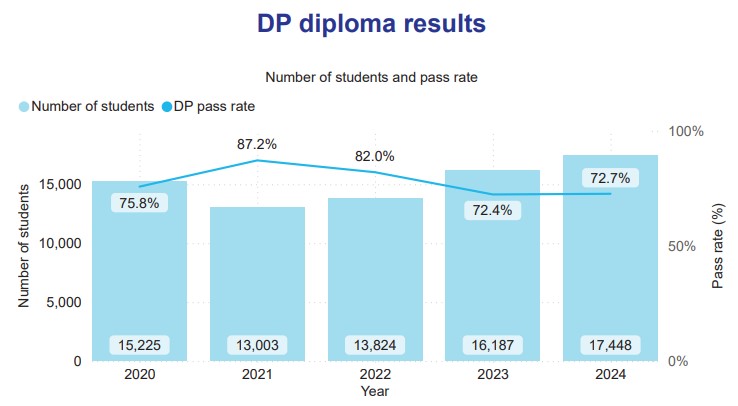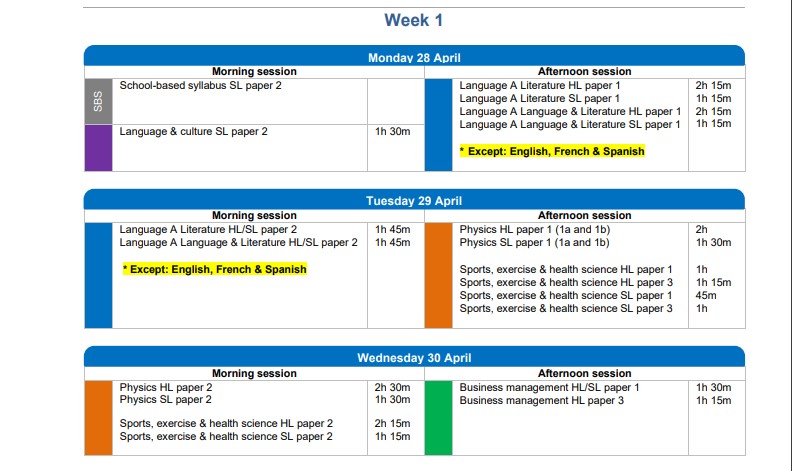International Baccalaureate (IB) is an educational program that aims to develop students’ intellectual, personal, emotional, and social skills to prepare them for success in a rapidly changing world. It is an internationally recognized program that provides an excellent foundation for higher education and the workforce. IB tutoring, either online or offline, is an excellent way to supplement students’ learning experience and increase their chances of success. However, both methods have their pros and cons. In this article, we’ll discuss the pros and cons of IB tutoring online vs. offline.
Pros of IB Tutoring Online
1. Convenience
Online IB tutoring offers a lot of convenience to students. With online tutoring, students can learn from the comfort of their homes, eliminating the need to travel to a physical location. This convenience saves time and money and provides flexibility in scheduling.
2. Access to a Wide Range of Tutors
Online tutoring offers students access to a wide range of tutors. Students can choose from a pool of tutors from different geographical locations, providing more options to find a tutor that suits their learning style.
3. Cost-effective
Online IB tutoring is often more cost-effective than offline tutoring. Without the need for physical space and resources, tutors can provide their services at a lower cost, making it more accessible to a wider range of students.
4. Interactive Tools
Online IB tutoring offers various interactive tools such as video conferencing with Zoom, screen sharing, and whiteboarding that make the learning experience more engaging and effective. These tools enable tutors to teach in a more interactive and dynamic manner, enhancing students’ understanding and retention of the material.
Cons of IB Tutoring Online
1. Technology Issues
Online IB tutoring requires a stable internet connection and reliable technology. Technical issues such as internet connectivity problems, software bugs, and computer malfunctions can disrupt the learning experience and hinder progress.
2. Lack of Personal Interaction
Online tutoring lacks the personal interaction that offline tutoring provides. Students may miss out on the opportunity to build a personal connection with their tutor and receive immediate feedback and support.
3. Distractions
Online tutoring can be distracting for students, as they may be tempted to multitask or engage in other activities while learning. This distraction can reduce the effectiveness of online tutoring and hinder students’ progress.
Pros of IB Tutoring Offline
1. Personal Interaction
Offline IB tutoring provides students with the opportunity to build a personal connection with their tutor. Students can receive immediate feedback and support and build a strong relationship with their tutor.
2. No Technology Issues
Offline IB tutoring does not require a stable internet connection or reliable technology, eliminating the risk of technical issues disrupting the learning experience.
3. No Distractions
Offline IB tutoring provides an environment free from distractions, allowing students to focus on their learning and make progress more efficiently.
Cons of IB Tutoring Offline
1. Limited Access to Tutors
Offline IB tutoring offers limited access to tutors, as students are restricted to tutors in their geographical area. This limited access can make it challenging for students to find a tutor that suits their learning style.
2. Inflexible Scheduling
Offline IB tutoring may not offer the same flexibility in scheduling as online tutoring. Students may have to work around their tutor’s schedule, which can be challenging and may require them to rearrange their own schedules.
3. Higher Cost
Offline IB tutoring is often more expensive than online tutoring. The need for physical space and resources increases the cost of tutoring, making it less accessible to some students.
Conclusion
In conclusion, both online and offline IB tutoring have their pros and cons. Online tutoring offers convenience, a wide range of tutors, and cost-effectiveness, while offline tutoring provides personal interaction, a distraction-free environment, and no technology issues. When choosing between online and offline IB tutoring, consider your personal preferences, learning style, schedule, and budget to determine which option is best for you. Ultimately, with the right tutor and approach, both online and offline IB tutoring can be highly effective in helping students achieve their academic goals.
FAQ
Q: Is online IB tutoring as effective as offline tutoring?
A: Yes, online tutoring can be just as effective as offline tutoring, as long as the student has a stable internet connection and reliable technology. Online tutoring offers interactive tools and a wide range of tutors, making it a cost-effective and convenient option for many students.
Q: How do I choose between online and offline IB tutoring?
A: It depends on your personal preferences and circumstances. If you value personal interaction and a distraction-free environment, offline tutoring may be the better option. However, if you prioritize convenience and cost-effectiveness, online tutoring may be the way to go. Consider your learning style, schedule, and budget when making your decision.
Q: What should I look for in an IB tutor?
A: Look for a tutor who has experience with the IB program and understands its curriculum and requirements. They should also have a teaching style that aligns with your learning style and provide personalized attention and support. Additionally, consider their qualifications, references, and pricing when choosing a tutor.
Q: How often should I meet with an IB tutor?
A: The frequency of your tutoring sessions depends on your needs and goals. If you need help with a specific topic or assignment, you may only need a few sessions. However, if you want ongoing support throughout the IB program, you may want to schedule regular sessions with your tutor.
Q: Can I switch from online to offline IB tutoring, or vice versa?
A: Yes, you can switch between online and offline tutoring depending on your needs and circumstances. However, it’s important to consider any differences in scheduling, cost, and personal interaction when making the switch.




